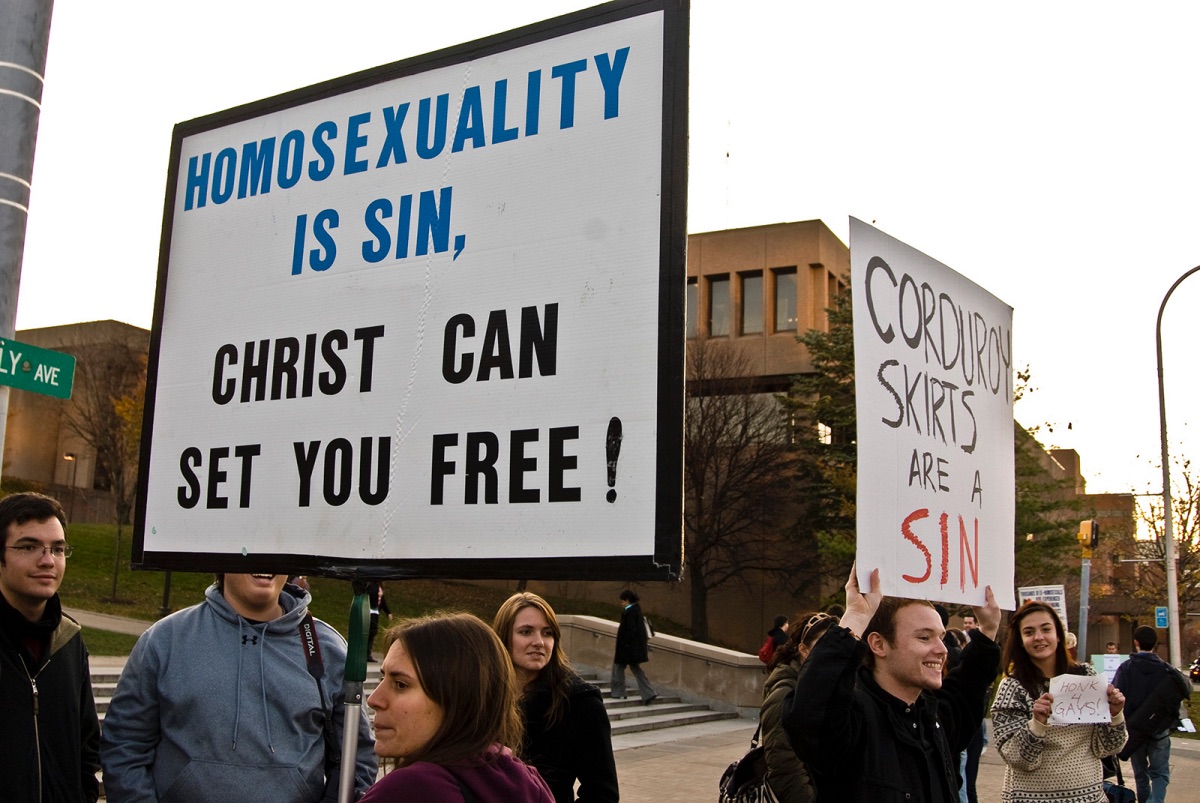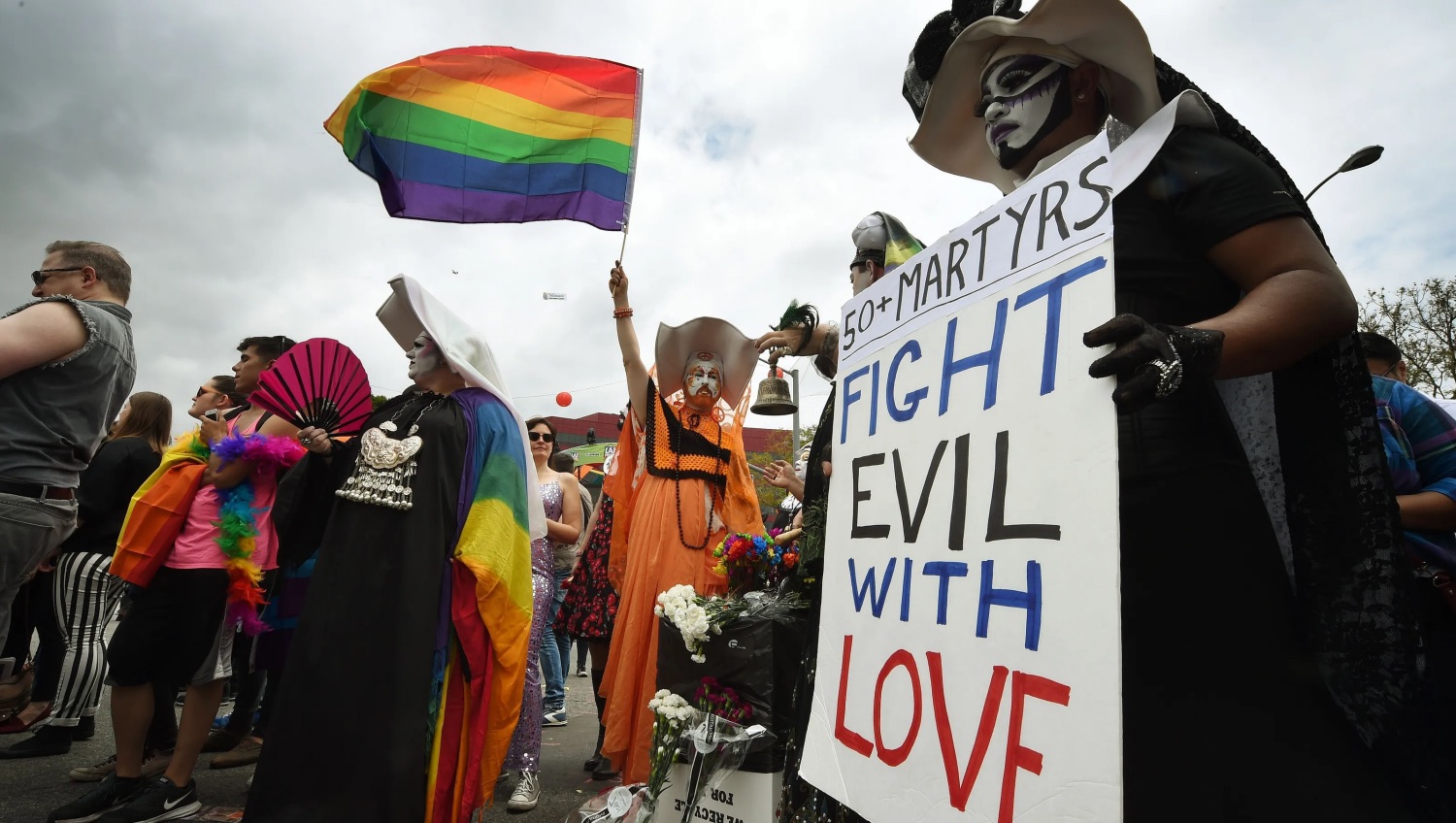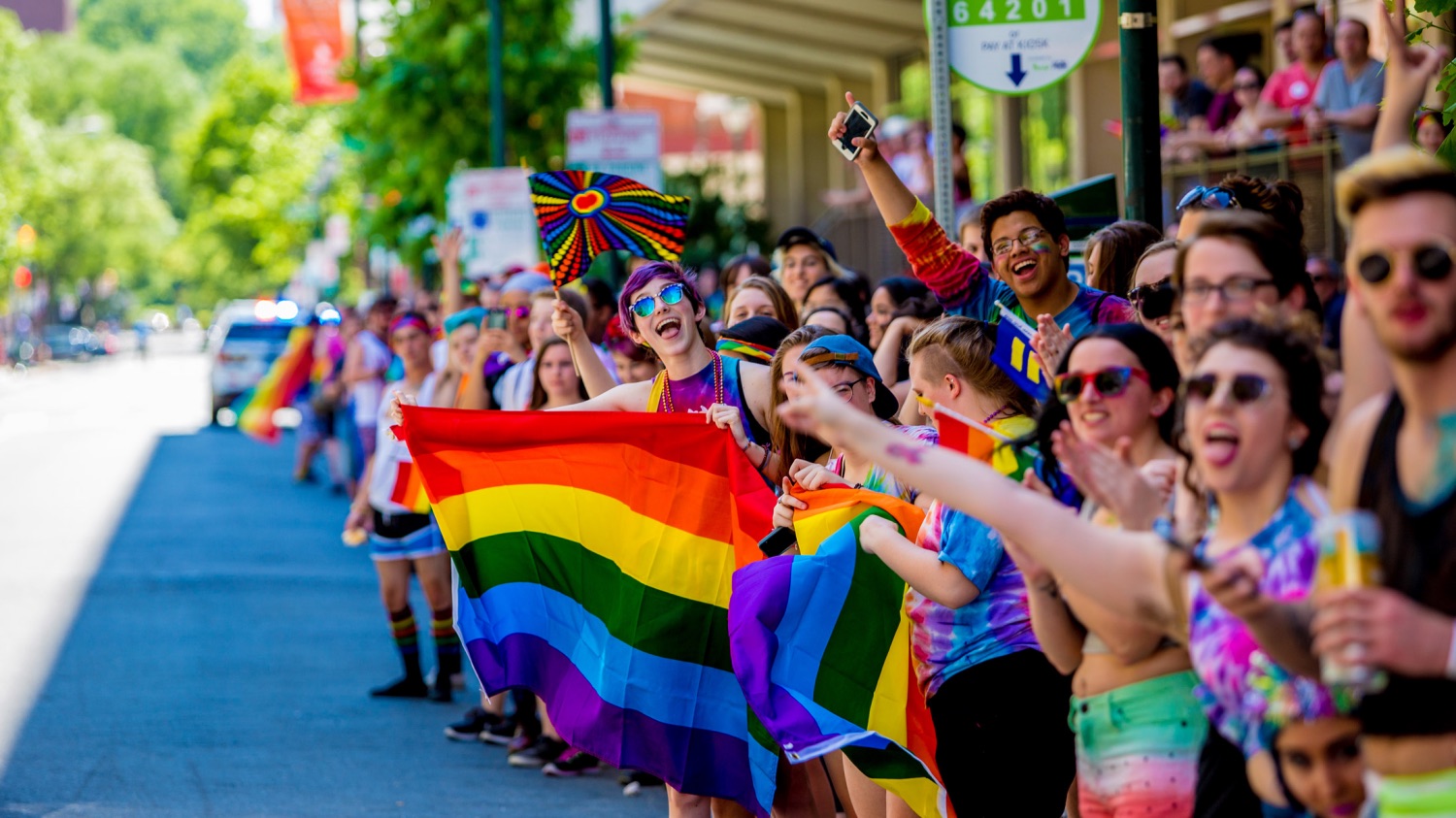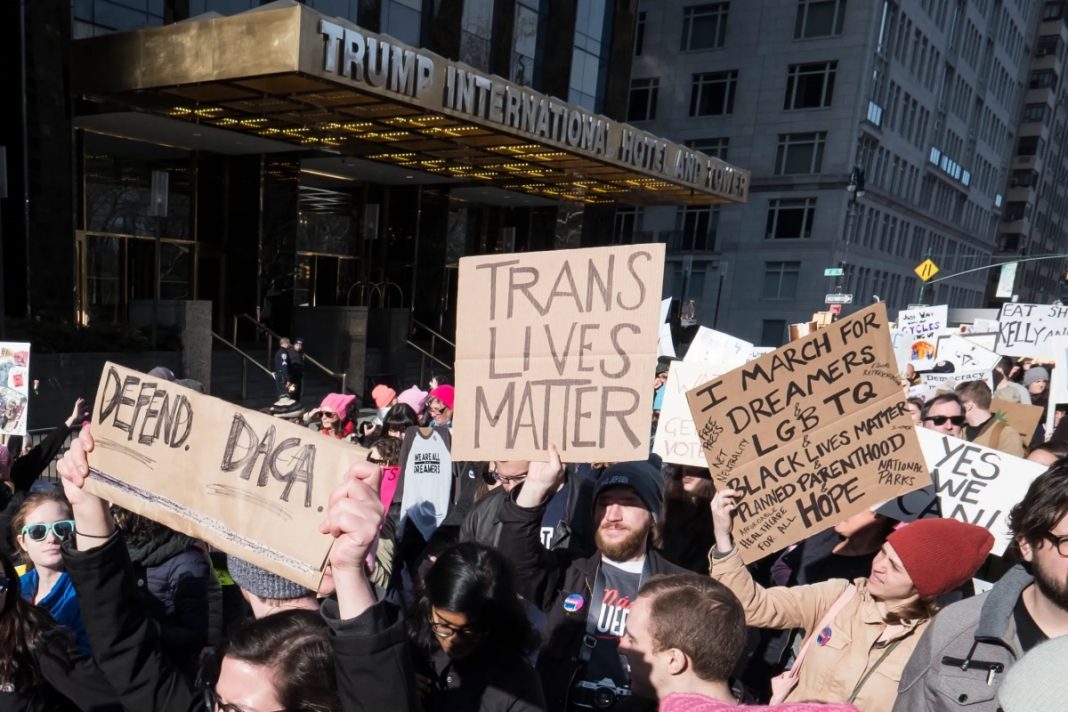WASHINGTON DC, USA – In the wake of President-elect Donald Trump’s election win, LGBTQ advocacy groups have reported an overwhelming increase in calls to their crisis hotlines, particularly from transgender individuals distressed by the anti-trans rhetoric that characterised much of Trump’s campaign.
The Trevor Project, a nonprofit dedicated to mental health support for LGBTQ youth, experienced a nearly 700% surge in crisis hotline reach-outs on November 6, the day after the election.
The organisation noted that a significant number of these contacts came from young LGBTQ individuals expressing heightened anxiety and fear over the election’s results.
According to the organisation, one-third of those who reached out identified as Black, Indigenous, or people of colour (BIPOC), highlighting the compounded concerns faced by marginalised communities within the LGBTQ population.
Similarly, the Rainbow Youth Project, an advocacy organisation for LGBTQ youth, recorded more calls in the first week of November than it typically receives in an entire month.
This dramatic increase reflects the deep sense of unease within LGBTQ communities following an election season marked by divisive rhetoric and aggressive anti-transgender messaging.

Campaign Rhetoric and its Impact
Throughout his campaign, Trump prominently featured ads targeting transgender rights, specifically focusing on issues like trans participation in sports.
The ads cast trans women in sports in a negative light, fuelling an already fraught debate over trans inclusion.
These ads were part of a broader Republican strategy in recent years to restrict trans rights, and Trump’s win has intensified fears that further restrictions could be enacted.
“There’s a bit of shame, or embarrassment, like a loss of dignity, when I’m watching one of those ads, knowing my friends or my colleagues are also watching it,” said Austin Johnson, research director at the Campaign for Southern Equality and a sociology professor at Kenyon College, in an interview with The New York Times.
A high school senior in North Carolina shared a similar sentiment with The Washington Post, describing the difficulty of witnessing “so much hatred for my community.”
For many LGBTQ Americans, especially youth, the high visibility of anti-trans sentiment during the election has been particularly painful.

A History of Anti-Trans Legislation
Over the past few years, Republican lawmakers across the United States have introduced a series of bills aimed at limiting transgender rights, particularly for youth.
Research from The Trevor Project indicates that such legislation has a measurable impact on the mental health of transgender and nonbinary youth.
A study conducted by the organisation found that between 2018 and 2022, suicide attempts among transgender and nonbinary youth significantly increased in states where anti-trans laws were enacted, with those under the age of 18 facing the most substantial mental health effects.
Research consistently shows that trans adults experience higher rates of suicide and suicidal ideation compared to cisgender individuals.
The recent surge in distress calls reflects the strain this rhetoric has placed on an already vulnerable community, advocates say.

Political Responses and Future Outlook
Trump’s focus on restricting trans rights has not gone unnoticed by voters. Exit polls from NBC News indicate that the vast majority of gay, lesbian, bisexual, and transgender voters supported Kamala Harris in the election.
In fact, the data shows that fewer LGBTQ voters supported the Republican candidate than in any of the last three presidential elections, underscoring the alienation felt by this group in response to the campaign’s messaging.
Some Democrats, however, have expressed concern that the party may need to recalibrate its approach.
Following Harris’s defeat, some within the party have suggested that Democrats should move away from “pandering to the far left,” a stance some analysts argue may alienate core progressive supporters.

“This instinct, based on fear, should be rejected loudly and firmly from all corners of the party,” wrote Hayes Brown, a political commentator, arguing that Democrats should instead reinforce their commitment to protecting LGBTQ rights.
The stakes for the LGBTQ community remain high as Trump’s administration takes shape.
LGBTQ advocates are watching closely, with particular concern about Trump’s proposed Project 2025, which aims to restrict transgender rights further.
The plan, as one advocate described it, “is to erase the idea that trans people are real.”
With Trump’s victory signalling an uncertain future for LGBTQ rights, the community’s need for support has intensified.
Advocacy organisations such as The Trevor Project and Rainbow Youth Project continue to provide vital mental health support to those affected, underscoring the resilience of a community that finds itself once again fighting for its rights in America.
If you or someone close to you is going through a crisis, you can reach out for help by calling or texting 988 to connect with the Suicide and Crisis Lifeline, or by using their live chat at 988lifeline.org. For further resources, consider visiting SpeakingOfSuicide.com/resources.
If you’re an LGBTQ youth experiencing a crisis, feeling distressed, or needing a supportive and nonjudgmental space to talk, you can contact the TrevorLifeline at 1-866-488-7386 or the Rainbow Youth Project at 1-317-643-4888.







